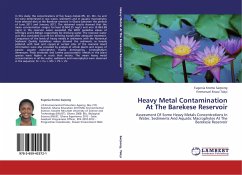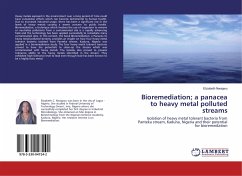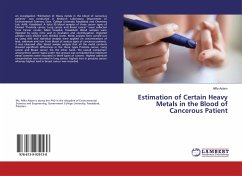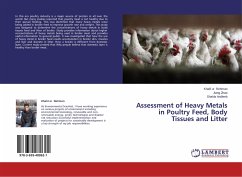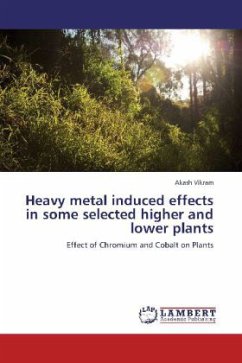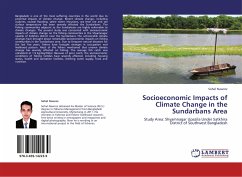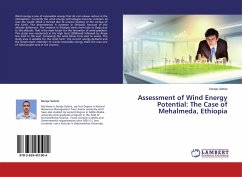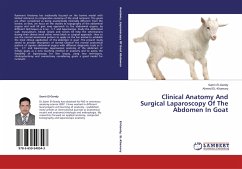In this study, the concentrations of five heavy metals (Pb, Zn, Mn, Cu and Fe) were determined in raw water, sediments and in aquatic macrophytes from selected sites at the Barekese reservoir in Ghana between the periods of June 2011 and January 2012. The obtained results showed that the mean concentration ranges for lead (0.04-0.25 mg/L) and iron (0.49-0.89 mg/L) in the reservoir water exceeded the WHO guideline values of 0.01mg/L and 0.30mg/L respectively for drinking water. The reservoir water was thus concluded as unfit for drinking except after adequate treatment. Comparison of the levels of heavy metals in sediments with the Numerical Sediment Quality Guidelines values showed the sediments as heavily polluted with lead and copper at certain sites of the reservoir. Good information were also provided by analysis of whole plants and organs of passive aquatic macrophytes (Typha domingensis, Ceratophyllum demersum, Pistia stratiotes and Lemna paucicostata). Metals in the plant species were higher in roots than shoots. The mean heavy metal concentrations in all the water, sediments and macrophytes were observed in the sequence; Fe Cu Mn Pb Zn.
Bitte wählen Sie Ihr Anliegen aus.
Rechnungen
Retourenschein anfordern
Bestellstatus
Storno

